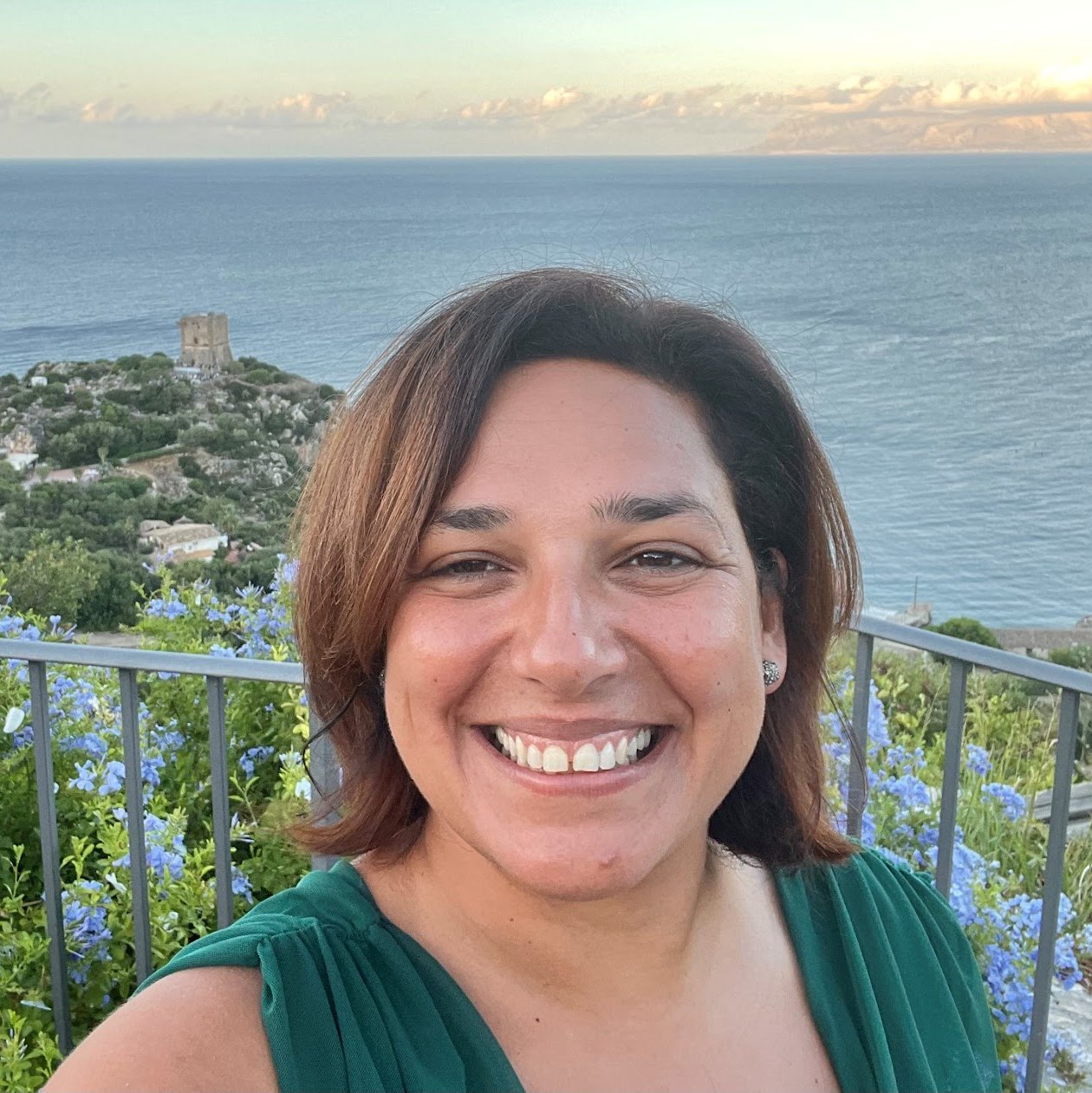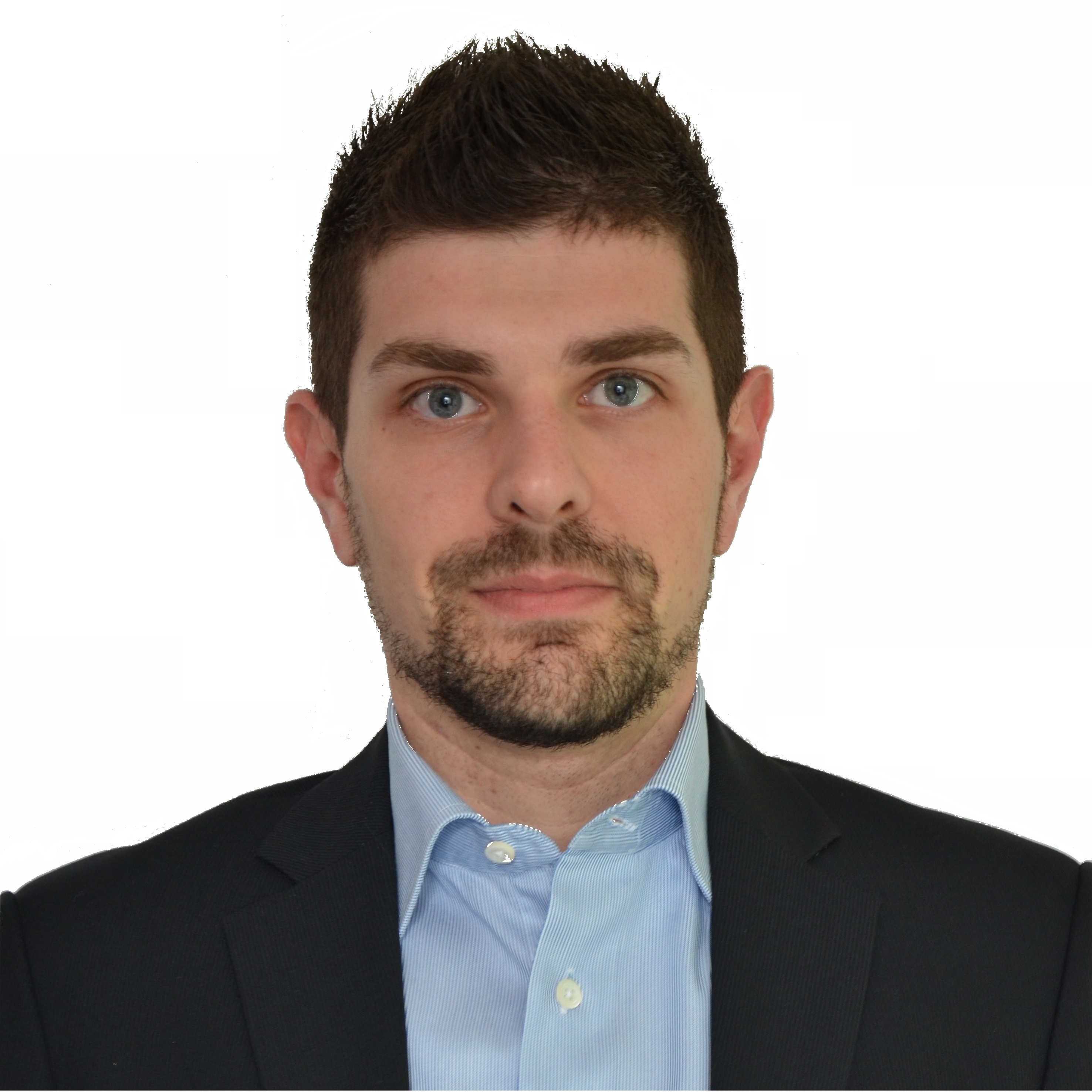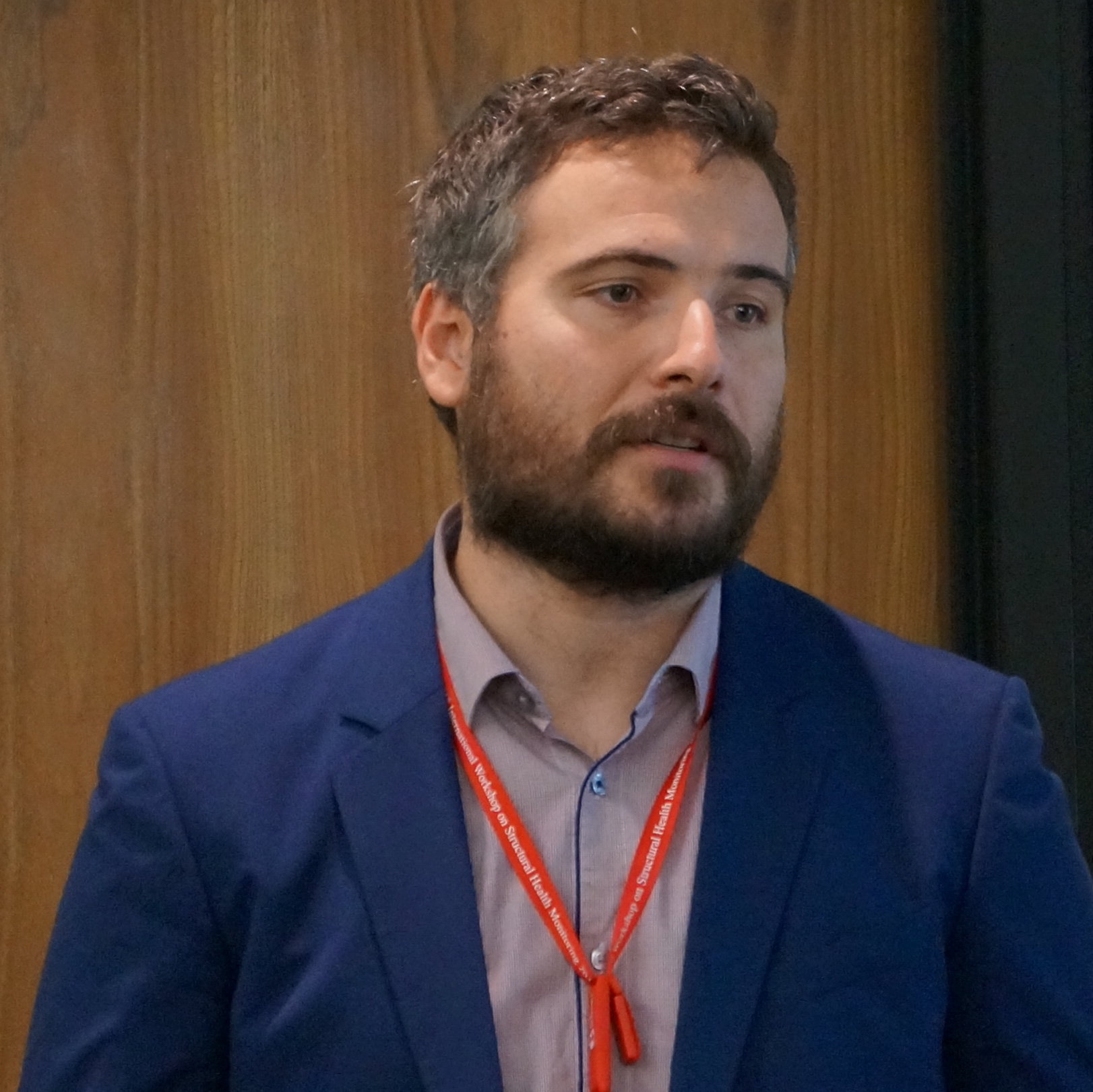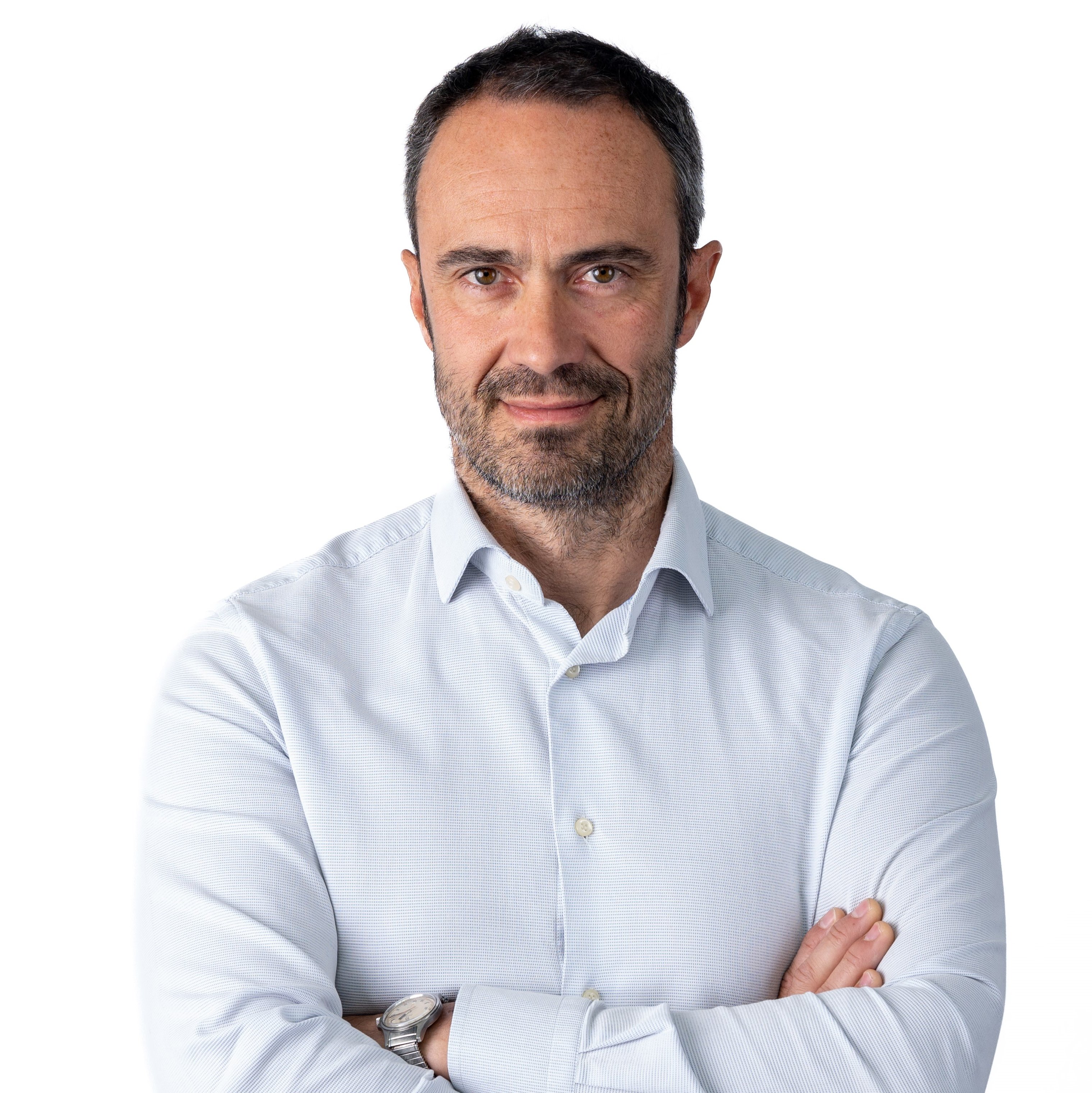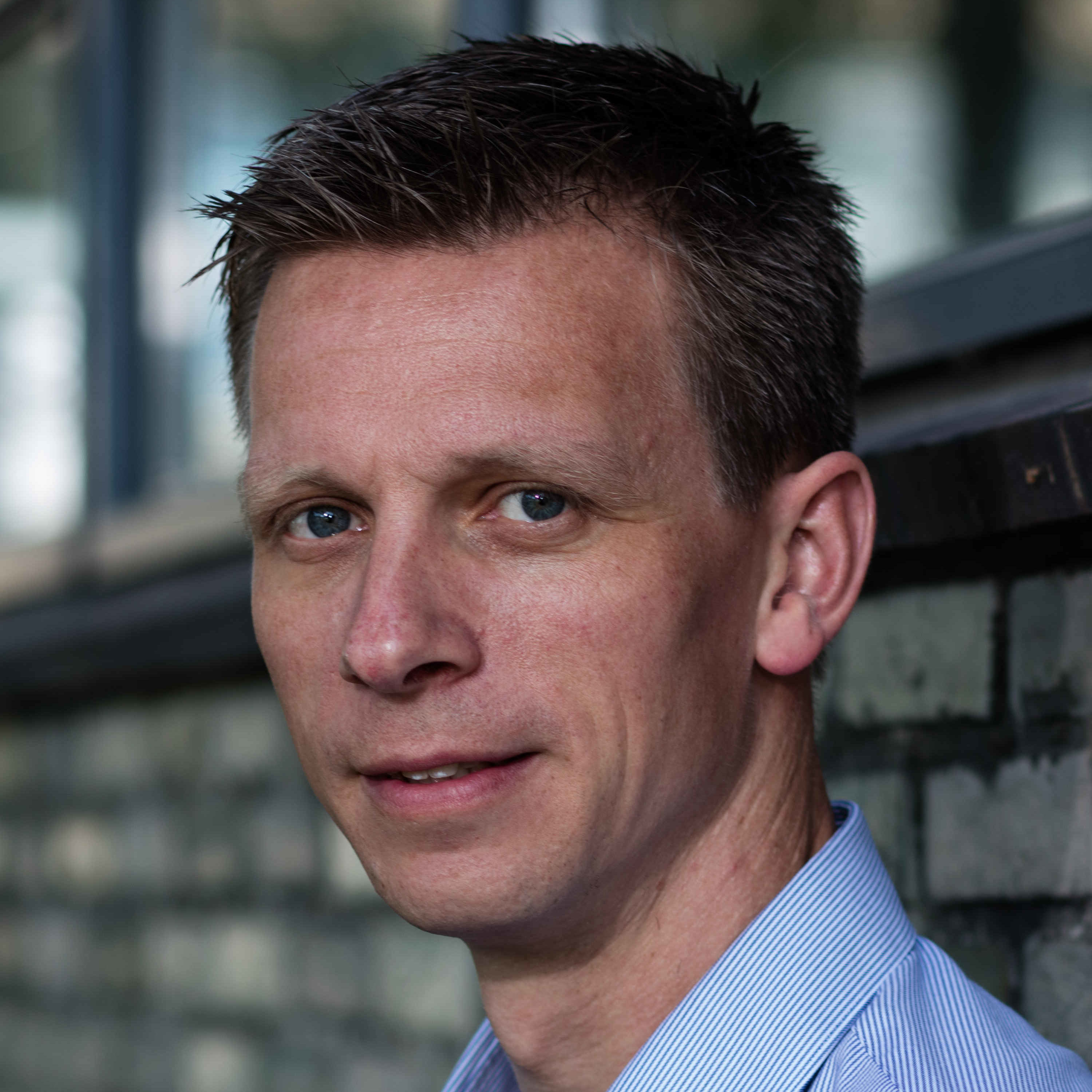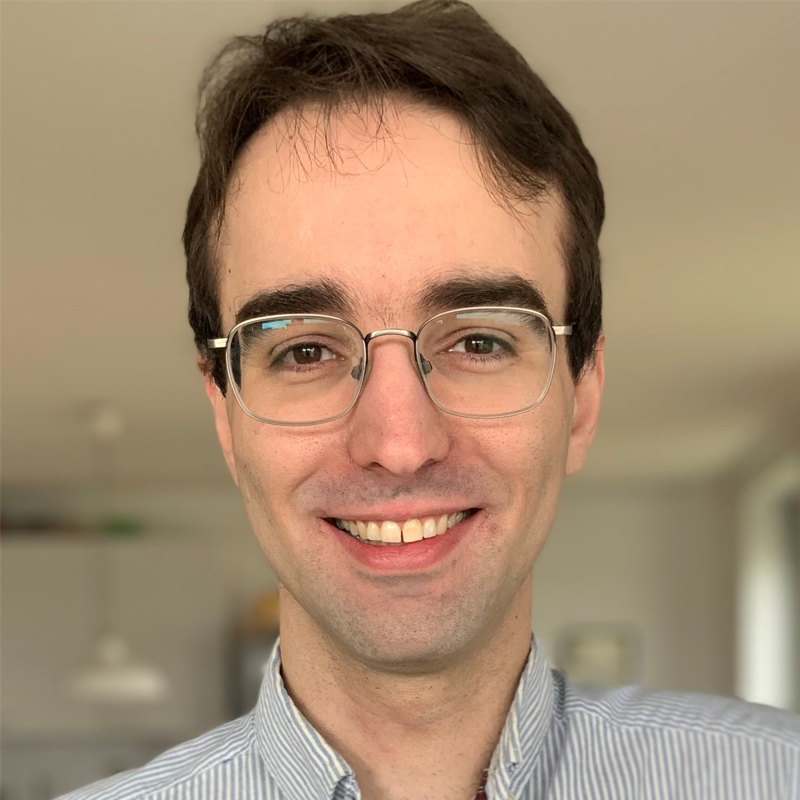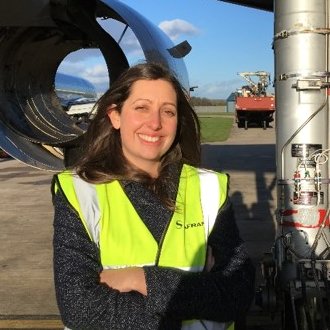About the course
Advancements in key-technologies like Artificial Intelligence and micro-Sensing are paving the way for revolutionary developments in lightweight structures. These structures will possess the ability to conduct self-diagnostic checks for integrity and estimate their lifespan. They will optimize mission objectives, facilitate data exchange, and engage in communication within a networked population. Ensuring the reliability and interpretability of these technologies is crucial and thus human involvement in the assessment and decision-making process is paramount to confirm the fundamental principles of physics. This course is designed to impart fundamental knowledge only integrating these key technologies with the physics principles of structural behaviour. The lectures will emphasize in design, failure and reliability analysis of lightweight structures, incorporating concepts from physics-informed machine learning, structural health monitoring, diagnostics, prognostics strategies, and digital twins.
For whom
This course is aimed at young researchers (PhDs and PostDocs) who want to become independent scientists developing their research in the field of design, failure and reliability analysis of lightweight structures using computational mechanics principles, machine learning and structural health monitoring. The attendants are expected to:
- have good knowledge of mechanics of materials (preferably FRP materials) and structural dynamics
- be able to apply theory of probability and statistics
- understand the fundamentals of the finite element method
- be familiar with machine learning techniques and have basic programming skills
During the course, the attendants should expect interactive lectures consisting of classroom activities and concept exercises. You will be asked to program your own physics-enhanced ML algorithms to solve structural-related problems.
Thus, we recommend to bring with you your laptop/notebook to work and practice during the course. We will provide guidelines on how to install the platforms and programming packages you should use during the course. Finally, A special ‘meet-your-lecturer’ session will take place where the attendants will consult the lecturers about their research topics.
Hotel reservations
Preferred Hotel Reservations is the official housing agent for the AI Summer School 2024. We offer you special rates and conditions at the listed hotels. You can click on your preferred hotel from the list to book your room. You do not have to log in, you will receive login details after you make your reservation. You will need these login details in case you need to change or cancel your booking. We ask for your credit card details to guarantee the reservation in case of late cancellation or no-show, payment will be settled in the hotel.
Scholarships
We will provide 3 scholarships to 3 applicants and cover their registration fees. The attendants are welcome to submit their CVs and a motivation letter to Dr. Dimitrios Zarouchas (d.zarouchas@tudelft.nl), addressing the relevance of their research to the content of the course. A committee will assess their applications.
All attendants will receive a certificate of attendance.
Lecturers
Dr. Alice Cicirello
Dr. Alice Cicirello is a University Assistant Professor in Applied Mechanics at the Cambridge University Engineering Department and a Fellow of Churchill College. She is the founder and head of the Data, Vibration and Uncertainty group. Alice obtained her PhD from the University of Cambridge in 2013. She was a Marie Curie Early Stage Researcher (2009-2012) and a Research Associate (2012-2014) at the same institution. Alice worked as a Senior Research Scientist at SLB (2014-2017) and returned to academia as a Lecturer at the University of Oxford (Engineering Science Department and Balliol College, 2017-2019), and then continued as an Associate Professor at TU Delft (2020-2023). Alice held visiting positions at several research institutions, including MIT and the Alan Turing Institute. Alice is currently an Alexander von Humboldt Experienced Research Fellow (2023- present), a Visiting Fellow at the Oxford Engineering Science Department (2020 - present), an Editorial Board member of the Data-Centric Engineering journal, and an Executive board member of the European Association of Structural Dynamics. Alice was the chair of the first (2022) and second (2023) workshops on Physics-enhancing Machine Learning in Applied Mechanics.
Prof. Claudio Sbarufatti, Ph.D.
Claudio Sbarufatti (MSc in Mechanical Engineering, Politecnico di Milano, 2009; PhD in Aerospace Engineering, Politecnico di Milano, 2013) is associate professor (ING-IND/14) at the Department of Mechanical Engineering at the Politecnico di Milano since November, 2019 and is Professor of the courses Digital-Twin for industrial/energy system management, Digital-Twin for Health and Usage Monitoring, Methods for system health monitoring and prognosis and Ship Structural Analysis and Design. His main expertise is focused on the development of methods for health and usage monitoring of structural components and systems. The monitoring methodology leverages on the combination of sensor data and models (Digital-Twin) for the identification of characteristic patterns in the signals, enabling the diagnosis and prognosis of system degradation. Within this context, his research interests include the development and application of statistical and numerical methods for the solution of inverse problems in the context of structural anomaly and structural load identification, inverse FEM, physics-informed machine learning, Bayesian inference and Monte-Carlo methods for model updating, damage prognosis of composite structures, sensor network optimization, active and passive impact monitoring and, more recently, the development of multifunctional composite materials with self-sensing and self-heating functions. He is head of the research line Structural Health Monitoring and Prognosis in the SIGMALab and is currently involved in the management of national and international projects, the latter in the framework of the European Defence Agency, mainly focused on digital-twin modelling, load and structural health monitoring and residual life prognosis for predictive maintenance of component and systems. He is currently supervisor of 8 PhD students, one of which under the ENHANCE project (call H2020-MSCA-ITN-2019). He is co-author of more than 100 papers (Hindex 21 – source Scopus) on international journals and proceedings of international conferences.
Dr. Dimitrios Zarouchas
Dr. Dimitrios Zarouchas is Associate Professor and Director of the Center of Excellence in Artificial Intelligence for Structures at the Aerospace Engineering Faculty of Delft University of Technology, the Netherlands. His research interests focus on damage mechanics and fatigue analysis of composite structures, AI-based structural health monitoring and health management, structural reliability and stochastic finite element analysis. His main goal is the development and deployment of intelligent cyber-physical structural systems with state awareness capabilities for enabling real-time diagnostics and prognostics. Dimitrios has published more than 80 journal publications and has been leading multi-million research and innovation projects, funded by EU and National schemes.
Dr. Francesco Cadini
Francesco Cadini (MSc in Nuclear Engineering, Politecnico di Milano, 2000; MSc in Aerospace Engineering, UCLA, 2003; PhD in Nuclear Engineering, Politecnico di Milano, 2006) is Associate Professor at the Department of Mechanical Engineering, Politecnico di Milano. He has more than 20 years of experience in the assessment of the safety and integrity of complex engineering systems, entailing (i) artificial intelligence (machine learning)-based approaches for classification and regression, (ii) development and application of advanced Monte Carlo algorithms for reliability analysis (failure probability estimation), (iii) diagnosis and prognosis (HUMS) of dynamic, complex systems subject to degradation, (iv) uncertainty and sensitivity analyses, (v) structural reliability analyses.
Dr. Frans van der Meer
Frans van der Meer is associate professor in computational mechanics at the Faculty of Civil Engineering and Geosciences at Delft University of Technology. He performs research into computational methods for modeling failure and degradation of materials with emphasis on fiber reinforced composites. Employing techniques like XFEM, level set methods, computational homogenization and advanced constitutive models, original computational models are developed that improve understanding and predictability of fracture, fatigue and degradation of high-performance materials. The computational cost associated with multiscale simulation has motivated a new research line into applied machine learning in the context of computational mechanics. He has a PhD from Delft University of Technology and has spent time as postdoctoral researcher at the Ecole Centrale de Nantes and as visiting scholar/professor at the University of Bristol, NASA Langley Research Center, the University of Porto and the University of Girona.
Dr. Iuri Rocha
Iuri Rocha is assistant professor of computational mechanics at the Faculty of Civil Engineering and Geosciences of TU Delft. His research focuses on developing computational frameworks for accurate and efficient solid mechanics simulations of complex materials. His group develops novel multiscale and multiphysics solid mechanics tools enhanced by machine learning, with focus on surrogate modeling, discovery of hidden patterns in material behavior, and development of novel materials. He teaches courses on mechanics (structural mechanics, FEM), as well as probabilistic (Bayesian) machine learning for engineers. He is co-director of the SLIMM lab (Statistical Learning for Intelligent Material Modeling) and part of the TU Delft AI Initiative.
Dr. Elizabeth Cross
Lizzy Cross is a Professor in the Dynamics Research Group at the University of Sheffield with a focus on advanced data analysis and machine learning for structural health monitoring (SHM) and nonlinear system identification/modelling. She currently holds an EPSRC Innovation Fellowship pioneering physics-informed machine learning for structural dynamics. Lizzy is a co-director of the Laboratory for Verification and Validation, a state-of-the-art dynamic testing facility. She has published over 140 articles, including 35 journal papers, 5 book chapters. She was recently awarded the Achenbach medal which recognises an individual (within 10 years of PhD) who has made an outstanding contribution to the advancement of the field of SHM.

